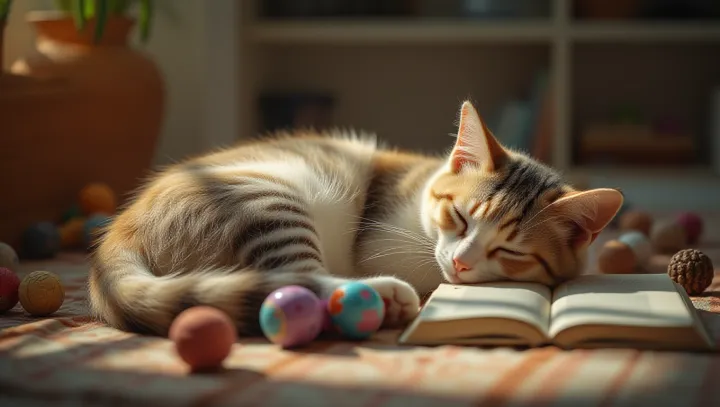Feline Slumber: The Mystery Unveiled

In the bustling city of New York, researchers dive deep into the peculiar habits of domestic cats, particularly their propensity to sleep for extended periods—up to 16 hours a day. This seemingly lethargic routine has its roots entrenched in evolutionary biology. According to experts, cats have retained the survival instincts of their wild ancestors, who needed to conserve energy for hunting.
This adaptive trait remains prevalent even in domesticated cats. Dr. Jane Simmons, a leading feline behaviorist, explains that cat napping mimics the energy conservation techniques of large predators.
'This biological mechanism allows cats to be ever-ready hunters,' she notes, elucidating the linkage to both physiological and psychological well-being. With more people adopting cats as companions, understanding these sleep patterns not only aids in promoting their natural behaviors but also strengthens human-cat bonds. As more studies unfold, the enigma of feline slumber continues to captivate pet enthusiasts worldwide.
